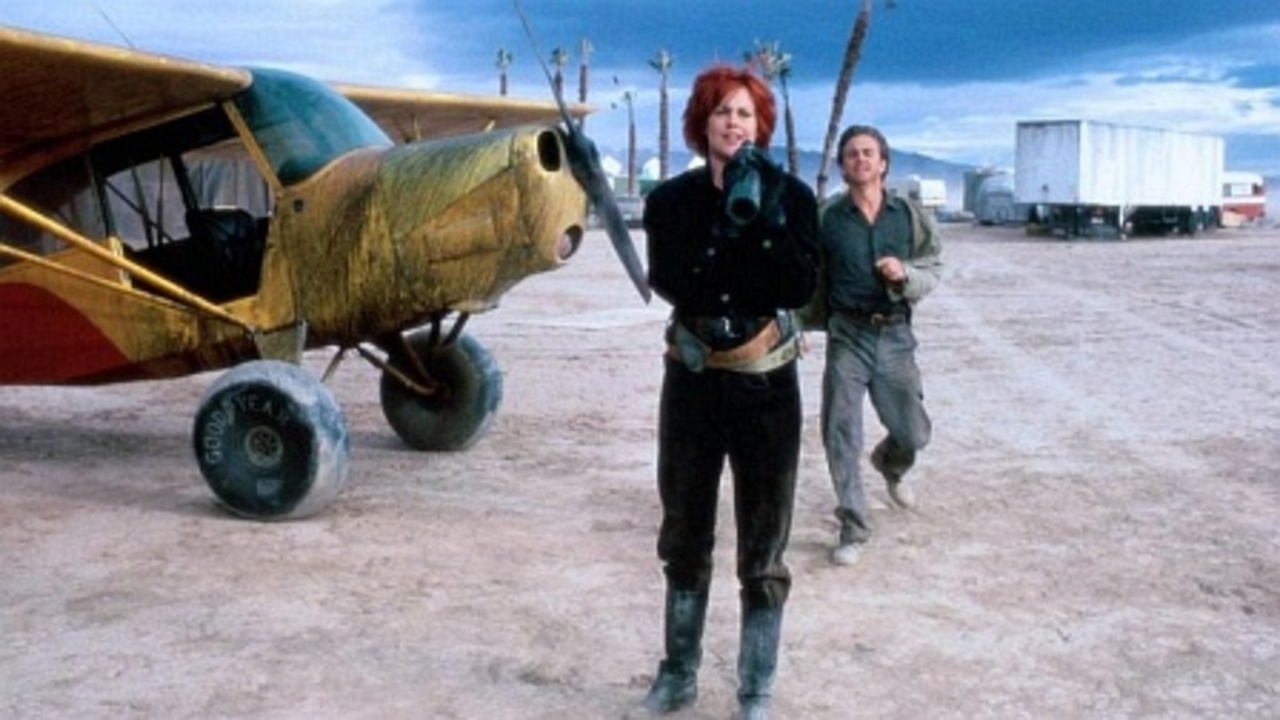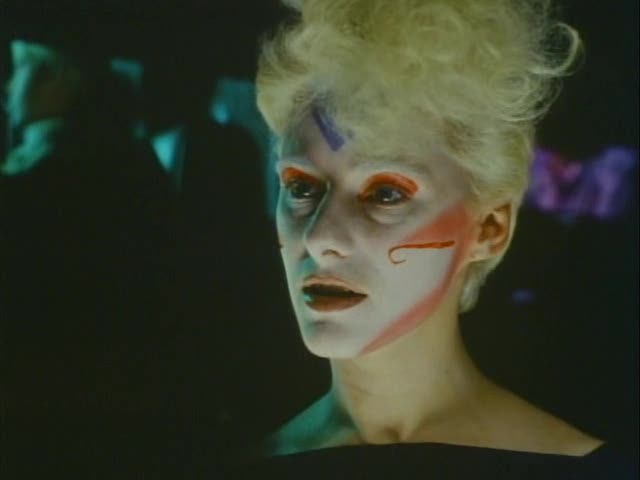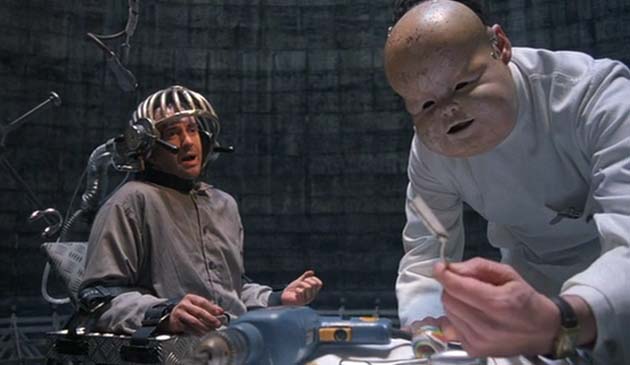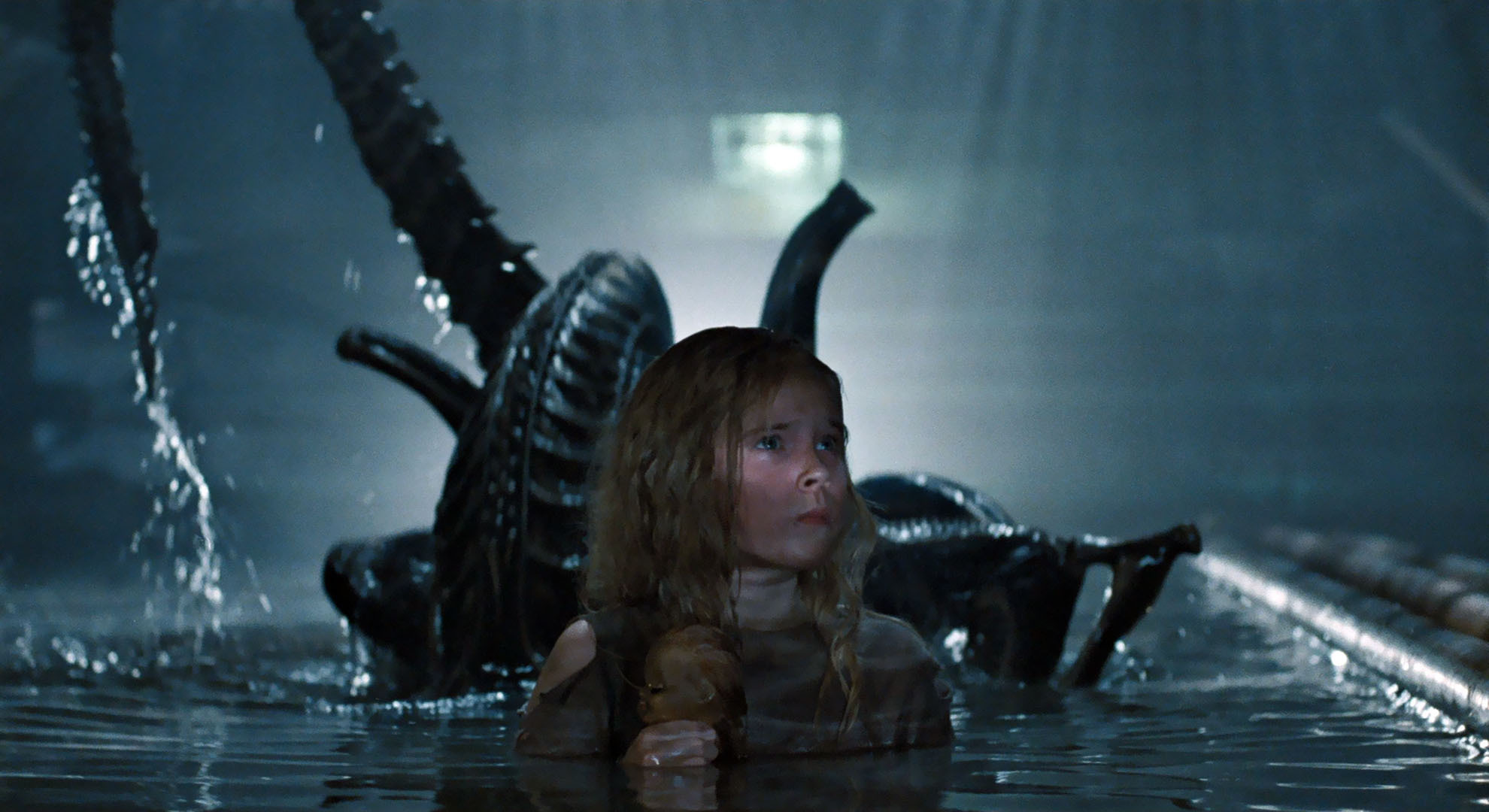
Contemporary sci-fi community owes a great deal to the uncontained boom of science fiction that marked the Reagan decade, as many of the concepts explored today stem from the lush and flamboyant aesthetics of the 80’s sci-fi.
Some recent movies and series, like the Duffer brothers’ universally acclaimed Stranger Things, manage to reconstruct the vibrancy of the bygone era, complete with analog synth soundtracks and nostalgic references to the cult classics of the genre.
However, aside from the aesthetic extravaganza and the stunning originality, another dimension that must not be overlooked pervaded the 80’s sci-fi: the dimension of subversion and coherent sociopolitical commentary. In response to the American economic crisis of the 1970’s, the Reagan administration introduced the ineffective “trickle-down” economics, a model in which the majority of wealth was to be distributed to the upper echelons in order to trickle all the way down to the poor.
Furthermore, neoliberal capitalism favored by both Reagan and his ideological soulmate Margaret Thatcher arrived hand in hand with a strongly conservative sentiment which included nuclear anxiety, praise of military supremacy and the reaffirmation of patriarchy.
The conservative ethos enforced by the Reagan administration is especially prominent in the idea of cinema as a part of the ideology of entertainment. Movies were to be seen as commodities and opposition to labor; mindless relaxation after a day of hard work. Many such movies were made, and many of them became classics. Also, many of them contradicted the idea of pure entertainment, as they included transparent subtexts which consisted of the apotheosis of conservative ideals.
Science fiction has always been a fertile ground for both explicit and implicit sociopolitical commentary. Versatility and flexibility of the genre allow exploration of worlds that are completely detached from our own, yet connected to it in crucial aspects.
The realm of the 80’s sci-fi spawned some true gems of subversion, which managed to trickle through the layers of censorship. Some of them were blockbusters, while others were low budget and low profile. The latter were made available to a wider audience due to screenings at underground theaters and the emergence of the VCR.
These movies meditated upon the tumultuous sociopolitical situation of the 1980’s and the future of capitalism, but some of them remain ingeniously subversive in the sociopolitical situation of today.
10. Cherry 2000 (Steve De Jarnatt, 1988)

Cherry 2000 was filmed in 1985 by the Orion Pictures Corporation, a subsidiary of Warner Bros, with a budget of 10 million dollars. The movie stars young Melanie Griffith and was obviously intended to be a blockbuster, but it was shelved in post-production due to undisclosed reasons. Orion Pictures released it directly to VCR in November of 1988. The movie was possibly shelved because it was deemed too weird and too alternative to be shown to a wider audience.
The movie presents a post-apocalyptic United States divided into vast wastelands populated by the poor and isolated polis-like cities inhabited by the privileged. The poor struggle to survive and live off salvaging, and the privileged enjoy advanced technology and a life of perverse luxury and moral corruption.
Programmed female androids are used as sexual toys and substitutes for wives, because human sexual encounters are so rare that they require lawyers to verify them with contracts of consent. Sam Treadwell’s robotic wife, model Cherry 2000, malfunctions during sex. He is forced to team up with a fierce female tracker Edith Johnson (young Melanie Griffith) and venture deep into the wasteland to acquire the parts required to fix his wife.
During their dangerous adventures in the wasteland, Sam is stunned by Edith’s bravery and independence, and falls in love with her. He realizes that his feelings for his robotic wife are artificial and induced by the ideals of a corrupt patriarchal society, so he returns to the city with Edith and leaves his robotic wife to rot in the wasteland.
Cherry 2000 criticizes both the reaffirmation of patriarchy in the American society of the 1980’s and the gap between the rich and the poor that was widened by neoliberal capitalism.
Edith is the driving force of the movie; her resourcefulness resembles that of Ellen Ripley, and she is more intelligent and far more capable of survival than the stuck-up corporate executive Sam. However, the movie is directed at men and functions as a gender equality manual written for men. In that sense, its subversion seems flawed.
9. Liquid Sky (Slava Tsukerman, 1982)

Slava Tsukerman’s cult classic explores the origins of the 80’s LGBT communities and the flashy new wave subculture of New York. It follows young people who turned to drugs and violence, disenchanted by the society which openly condemns their sexuality and progressive worldviews.
Extremely graphic violence, explicit sexual content and the surreal epileptic atmosphere of the new wave clubs would be enough to illustrate the weird world of the 80’s subcultures, but the movie goes a step further.
An alien who feeds on endorphin produced in the brain during orgasm arrives to New York and chooses the members of the new wave subculture as his food source, because of their unobstructed sexual freedom.
8. Brazil (Terry Gilliam, 1985)

Brazil is one of the several 80’s sci-fi movies that evoke the atmosphere of George Orwell’s seminal 1984. Although it lacks the Big Brother figure central to Orwell’s narrative, it features a highly industrial and insanely bureaucratic totalitarian state in which the paranoid government filters all information and limits the freedom of speech.
Kafkaesque hopelessness permeates the movie, and the main character, a low-level government official Sam Lowry, ends up captured and tortured after attempting to shed light on the unjust doings of the government.
However, Gilliam managed to infuse the movie with humor which shines through the somber tone of the narrative and turns it into an absurd satire. The heavy machinery is depicted as faulty and whimsical, and the characters are comical and often overly theatrical.
7. Dead Zone (David Cronenberg, 1983)

Johnny Smith, played by the brilliant Christopher Walken, has a car accident and ends up in a coma. He wakes up five years later and discovers that he gained psychic abilities, and can see people’s past or future by touching them.
That seems like a pretty regular plot starter, but Johnny shakes hands with the U.S. senatorial candidate Greg Stillson and realizes that he will win the next presidential election and order a nuclear attack against the Soviet Russia, which will result in a nuclear holocaust. Johnny decides to assassinate Stillson in order to stop the holocaust from happening, but has moral doubts over killing a person who hasn’t done anything yet.
The movie addresses the complex nature of the conservative anticommunist and anti-Soviet sentiment, and disenchants the faith in American military supremacy. As a part of the Cold War propaganda, powerful weapons in the right hands were not only seen as an asset of the nation’s security, but as an economic asset. Dead Zone subtly concludes that there is no such thing as “the right hands” for any kind of war machinery.
6. Aliens (James Cameron, 1986)

Cameron’s Aliens abandons the spacey-yet-gothic abject horror setting of its prequel, and presents an atmosphere reminiscent of the Vietnam War.
However, the Vietnam War atmosphere of Aliens is different from the one presented in classic patriotic post-Vietnam films like the Rambo franchise, the series of overblown action flicks starring Chuck Norris, and openly antisocialist hits like John Milius’ Red Dawn. The movie satirizes militarism and presents a world in which defeat is too obvious to be overlooked.
The strong feminist component of Alien continues in Aliens, and is in fact brought to the next level: Ellen Ripley exhibits superhuman capabilities in battling aliens as she outsmarts corporate executives and a regiment of supposedly highly trained marines.
At the same time, a pre-teen girl without any training is the only inhabitant of the space outpost who manages to effectively hide and evade the killing spree of the space beasts. She and Ripley are the sole survivors of the ordeal, which brings the film to a strongly anti-patriarchal conclusion.
Furthermore, Carter Burke, a member of the Weyland-Yutani corporation, accompanies Ripley and the marines to the outpost. He plans to acquire live specimens of the beast and bring them to Earth to study them and potentially use them as superweapons. Burke perceives all people as expendable; he is to acquire the beasts for the corporation at any cost.
Still, he underestimates the fierceness of the beasts and is killed by them, thus becoming an expendable asset himself. Therefore, Aliens reflects upon the unscrupulous nature of neoliberal capitalism, but also addresses the issue of glorification of superweapons in the hands of the United States.